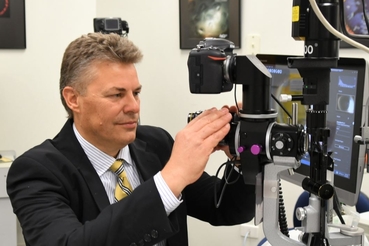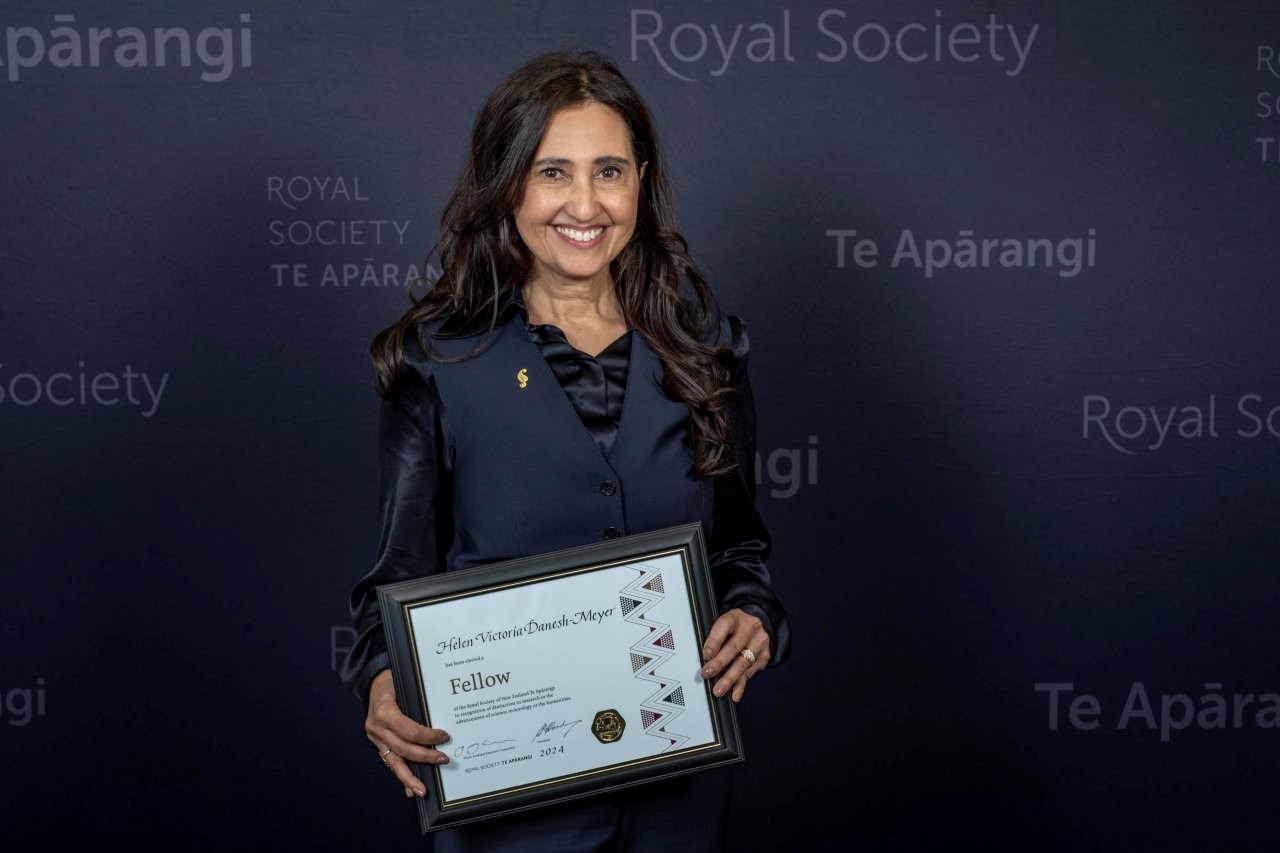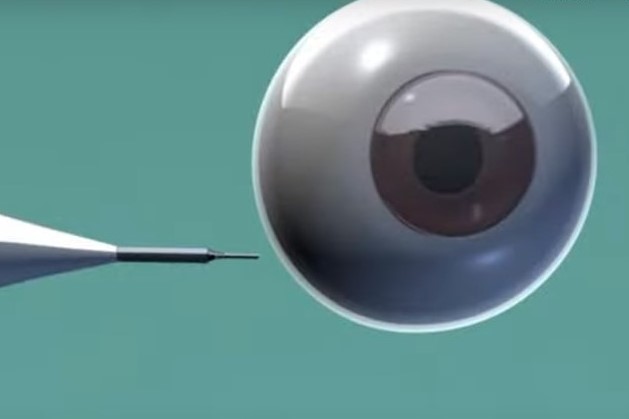Saliva test for glaucoma
Australian researchers have developed a genetic glaucoma test from blood or saliva samples, which is 15 times more likely to flag high-risk individuals than existing genetic testing.
The researchers at QIMR Berghofer Medical Research Institute and Flinders University, led by Professor Jamie Craig, evaluated the influence of monogenic and polygenic factors on glaucoma risk. Using data from more than 2,500 open-angle glaucoma (OAG) patients on the Australian and New Zealand Registry of Advanced Glaucoma and more than 411,000 individuals from the UK Biobank, authors concluded that monogenic and high polygenic risk were each associated with a more than 2.5-fold increased risk of developing glaucoma, with high polygenic risk more than 15 times more common in the general population. The study’s subjects were of white European ancestry.
Authors noted that while single-gene testing in glaucoma patients is sparingly performed in academic centres, polygenic risk score (PRS) testing is yet to be demonstrated. Members of the research group are launching a spin-out company to develop an accredited test for use in clinical trials, with recruitment expected to begin in 2022.
The study was published in JAMA Ophthalmology.
























